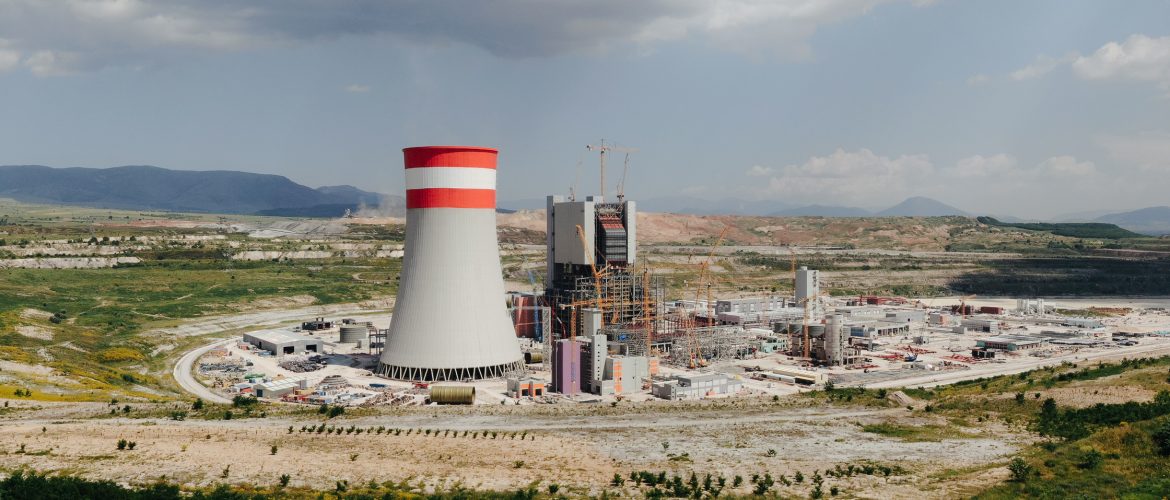The letter of the CEO of PPC to the European Commissioner for Competition is nothing less than an acknowledgement of the financial dead end the Ptolemaida 5 lignite project is facing, rendering imperative the need to find alternative solutions for the country’s largest energy investment, the Green Tank says.
The PPC CEO yesterday sent a dramatic appeal to Competition Commissioner Ms. Vestager for the immediate approval of the Greek permanent market-wide capacity mechanism, through which the lignite plant of PPC “Ptolemaida 5”, currently under construction, will be subsidized.
The letter describes the bleak financial state of the new lignite plant due to the increase of prices in emission allowances. It is for this reason PPC’s CEO considers it necessary to channel additional resources through the capacity mechanism and, in fact, before the new European Electricity Market Regulation enters into force on July 4, 2019.
The PPC CEO’s request is an acknowledgement of the dead end the country’s largest energy investment of at least € 1.4 billion is facing. Even if the Commission approves the capacity mechanism, the maximum amount that the new plant may receive is € 42.9 million per year for 10 years. How will the plant cope with the annual CO2 emission costs that will be at least three times bigger during the next decade? How will it cover its retrofit costs in order to comply with the new stricter European emission limits for the other pollutants imposed by the new BREF?
To these questions, PPC responds by insisting on the same mistake. It essentially asks that Greek citizens and Greek businesses cover the additional funding (€ 450 million) needed to complete the construction of the plant, through their electricity bills until 2033.
The CEO of PPC is well aware that the last minute amendment passed by the Greek Government on June 7, 2019 is not enough and that the approval of the Commissioner for Competition is absolutely essential. If this approval does not come before July 4, then PPC cannot make use of the loophole in the new Electricity Market Regulation, according to which capacity contracts signed before the end of 2019 are exempt from the new rules.
It is noted that the new Regulation agreed between the European Parliament, the European Commission and the Council of Energy Ministers in December 2018 completely prohibits subsidies to new lignite plants, such as Ptolemaida 5, while for existing plants subsidies are allowed only until June 2025.
“It is high time to put an end to the absurdity and the endless chase of exceptions for lignite, which is now proving to be, in addition to all else, financially catastrophic. Political parties must assume responsibility vis-à-vis PPC and the Greek citizens. It is absolutely necessary to have a cross-party agreement on the financial dead end the Ptolemaida 5 is facing and to seek alternative solutions in cooperation with PPC, experts and the lenders of this project,” noted Nikos Mantzaris policy analyst at the environmental think tank, “The Green Tank”.
Notes to editors:
- If Ptolemaida 5 operated today for 7,000 hours a year as planned, it would pay around 110 million euros per year for CO2 only. The cost of CO2 allowances is expected to increase over the next decade, as even the Greek the National Energy and Climate Plan (NECP) predicts (page 208 here).
- Read Green Tank’s comments on the permanent capacity mechanism proposed by the Greek Government here.
- Read a summary of our recent actions around the issue here.




















































































































































































































































































































